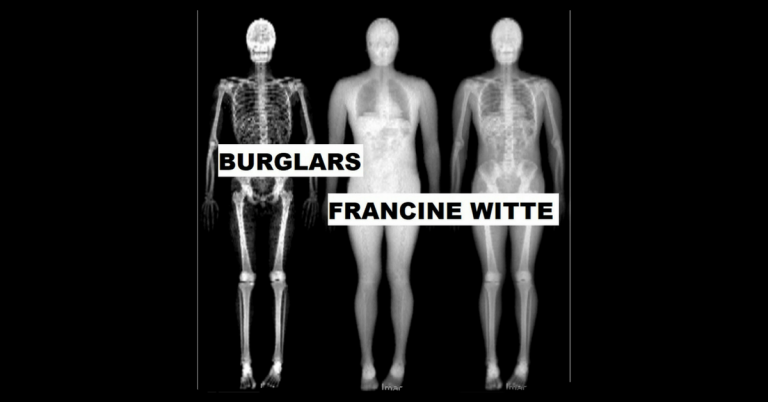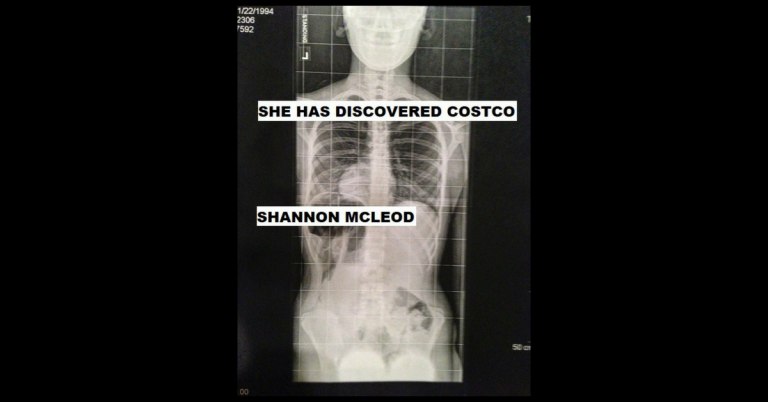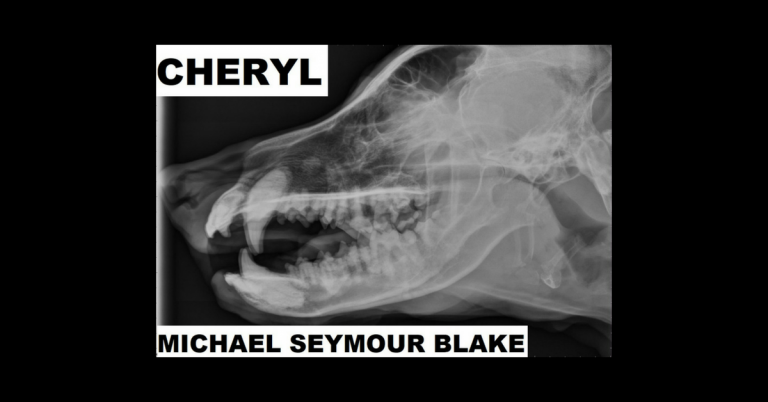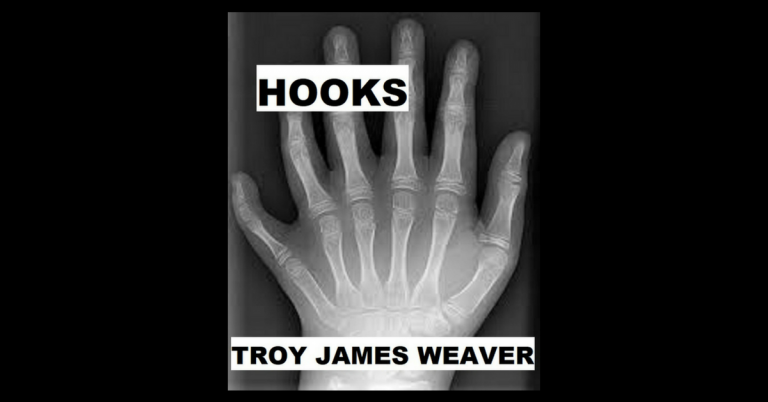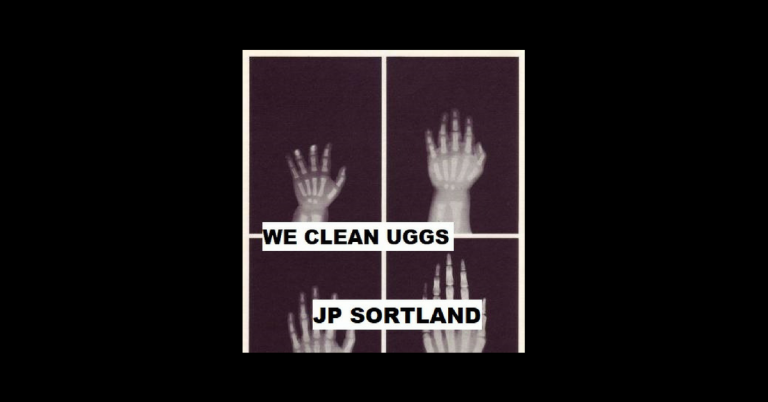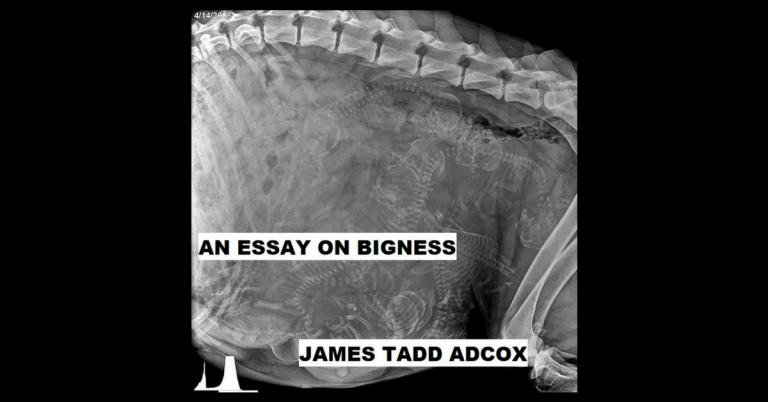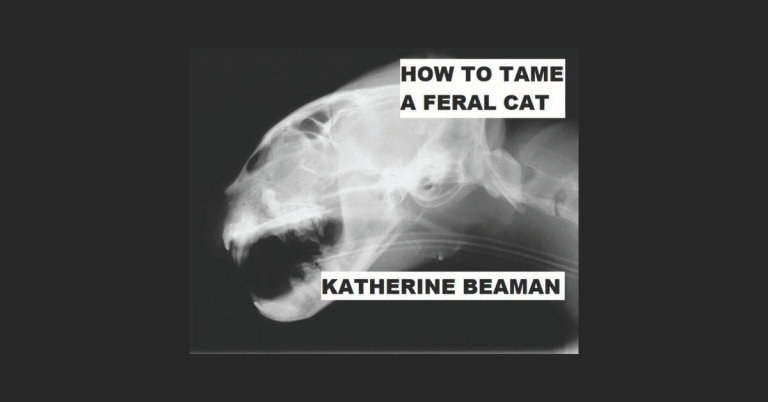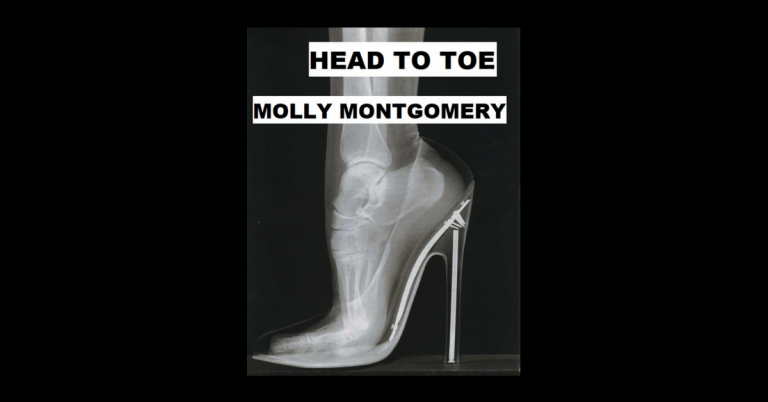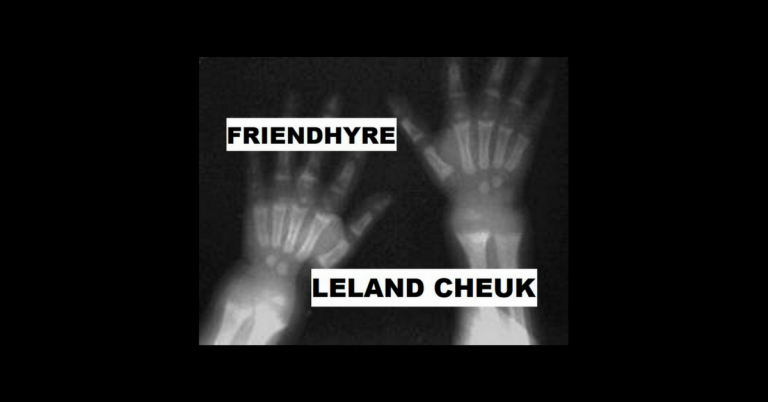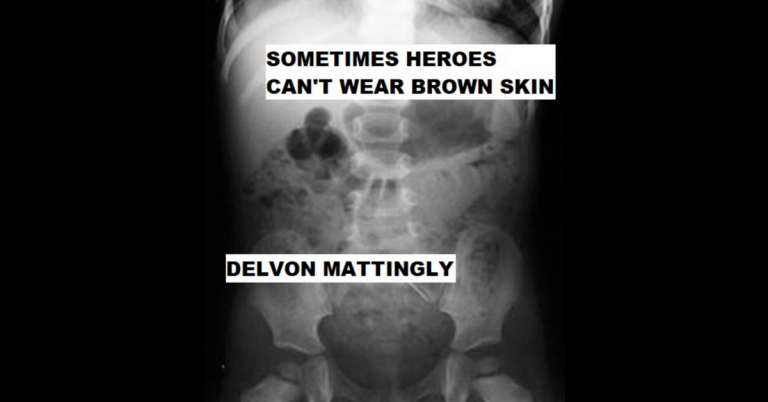There was a loud crash outside the apartment.
We were in bed talking about leaving the city just as we always had around ten p.m. every night for the past million years. I’d bring up a photo of some paradise with green grass and a nice big blue sky, no skyscrapers or office buildings in sight, and Terry would go, “Yep, that’s the place for us,” and then we’d settle back into our misery and forget all about it. I was delinquent with two of my loans, Terry took a pay cut to save her job, and we had a whopping fifty bucks in our savings account. We were sick of the city and sick of ourselves and sick of peanut butter and jelly sandwiches, which is all we ate because who has the time and energy to make anything else?
“What was that,” I said.
“Dunno,” Terry said.
We stared at the wall for a minute. She nudged my ankle with her big toe.
“Guess I'll see what's going on,” I said.
I looked through the cloudy peephole—flickering bulbs, slimy brown banister, a pile of smelly shoes outside 2B. I opened up to see a massive chunk of ceiling right in front of our door. Dust and debris everywhere.
“Holy shit, we got a roof out here.”
Something moved in the pile of dust. I closed the door, leaving a crack open for peeking. The thing shook stuff off its fur. It was a damn coyote.
“We got a coyote too.”
Terry shuffled over, all crusty-eyed. She glanced through the crack, then at me, then back through the crack.
“Wait, there’s an actual coyote out there.”
“Yeah.”
She smiled. “Something’s finally happening.”
We named her Cheryl.
I built a home for her out of cardboard and reflectix and duct tape. She was a wild thing with green eyes and a burping problem. She burped like forty times a day. We fed her protein bars and baby formula, plus anything we could find in the neighborhood trash: pizza scraps, stale arepas, stuff in jars.
The landlord didn’t allow cats let alone coyotes, so we decided to keep her permanently inside. I resented the landlord for being such a stereotypical landlord. If we were a day late with rent, he’d come by with his chest puffed out, eyes like black crescents. He wouldn’t even say hello.
“Look at the hand,” he’d say.
I’d play along and look. The hand was thick and tan. It would be open, palm up.
“What’s wrong with the hand,” he’d say.
“Let me get the checkbook.”
“Answer me.” The hand twitched.
“It’s empty.”
“That’s right, empty. The hand hates being empty. Gets bored. Better give the hand something to hold, or the hand will busy itself by writing an eviction notice.”
So we tried to toilet train Cheryl. We’d sit her on the bowl and say, “Go potty! Go potty, good girl!” She’d stare at us. “Come on, use that potty!” She’d stare. Then we’d let her down and she’d pee on the floor.
Nights, Cheryl would sleep between our asses. It got harder than ever to leave for work in the morning. I just wanted to be home with the girls. Always. It was all I could think about. That, and the lioness.
I’d put up this image in my cubicle a while back—a lioness standing in a field of green grass with a cerulean sky up above. She had a desperate look in her eyes. Her lean muscles were covered in glistening, flaxen fur. Whenever my boss yelled at me for something, I stared at the lioness in a trance. Nodded and stared, unphased. Yes, I’m sorry. Won’t happen again. You’re right, I am a waste.
You learn these tricks after twelve years in data entry.
A week passed. There was a knock at the door. We were in bed with a burping coyote between our asses, which made things a little more bearable.
It was the landlord.
“Roof came down,” he said.
I looked at the pile of roof sitting in a sunbeam. We’d just been walking over it.
“Whoa, crazy,” I said.
“I have some people coming today, so don’t bother complaining about it.”
Cheryl came to the door. I tried to kick her away, but she bit my ankle.
“Get that thing out of here, no dogs allowed,” said the landlord.
“Oh, her? She’s a coyote.”
The hand twitched. Cheryl growled.
“Pretty sure that’s not allowed either. I’ll get back to you.” He squinted at Cheryl. “Don’t get comfortable,” he said.
I shut the door and thought about the lioness.
Next day, I let the cleanup crew in the building. Four sad looking guys in oversized overalls. “We’re here to fix a ceiling,” one of them said.
They brought a ladder to the top floor, scuffing up every wall they passed. After setting up the ladder, some brooms, spackle, paint buckets, brushes and stuff, they left, taping a note to the front door that read, ‘Back in five days.’
I went downstairs to get the mail and ran into 1B. We nodded at each other. She had the desperate lioness look, just like the rest of us. On my way back up, I saw a butterfly hanging out on the bannister. Bright yellow with tiny black spots. It lit up the hallway. I tried to save it, but it fluttered out of reach.
As I stepped back into our apartment, I heard a resounding thwack downstairs. 1B hated insects.
Terry was at the store getting some paper plates. Our sink was full of dishes, and neither one of us was going to clean them. We were happier now, but that last bit of lassitude clung to us like a bug to wet tile. I cornered Cheryl in the bathroom.
“No more going on the floor. Use the toilet like a normal person.”
Cheryl peed on my feet while maintaining eye contact with me. I let her out, and stood in the warm urine thinking about the lioness.
When Terry got back, we all choked down some peanut butter and jellys.
Someone knocked on the door.
It was the landlord.
“Coyote’s gotta go. You have until tomorrow night.”
“That’s not a lot of time to arrange something.”
“Tomorrow night, or the hand will start writing that eviction notice.” The hand twitched. “And get some air fresheners or something in here. Smells like hell.”
“All right.”
I shut the door and spied through the peephole. The landlord went upstairs and started inspecting the ladder. He peered up at the roof, mumbling.
I curled up on the floor, head resting on Terry’s crossed ankles. “We need something to happen again,” she said.
“Nothing’s gonna happen.”
“Then maybe we need to make something happen.”
But we couldn’t think of anything.
Cheryl burped.
The next night I got home from work and realized the ladder was gone, but the hole was still there. I went to investigate. Turned out the ladder wasn’t gone, just knocked over. I lifted it upright and positioned it under the hole. Then I thought, “Hell, I’m gonna climb this thing.”
And I did.
I climbed right up. I was heading towards the sun, but it was eight p.m. I popped my head through the dusty, crumbling roof and was met with a fresh breeze carrying the scents of soil and sage and summer. No offices or busted up apartment buildings in sight, just hills and grasses of all different kinds and lengths in shades of greens and golds. I ran my hand over some. My fingertips tingled. A yellow butterfly landed on my chest, did a little spin, and flew away.
Paradise.
“I think we can make something happen,” I yelled, bursting through the door.
I told Terry about the impossible world on the roof. We went to the grocery store and bought a few boxes of cherry Go-Gurt, fruit, water, and a big thing of trail mix, then I stuffed Cheryl under my arm and up we went.
We hoisted ourselves onto the grasslands. Cheryl ran circles around us, tongue wagging from her mouth. I picked a clover and handed it to Terry. She ran her fingers through the white, spikey flowers. Cheryl growled at something fifty feet away in a cluster of foxtails. We went over.
It was the landlord.
He was all eaten up, stomach torn wide open, bloody loafers resting in the grass. The hand sat separated off to the right, palm up.
“What could have done that?” Terry said.
“Don’t know,” I said. But looking at the landlord’s remains, I did know. “We won’t survive long here.”
“Maybe not, but I don’t want to go back.” She tore open a Go-Gurt and started slurping it down.
I launched a defiant burp at the sky and Terry responded with a monster burp of her own, cherry yogurt dripping from her lips.
Cheryl trotted ahead and we followed. We could hear hammering and voices behind us. They must have been fixing the roof. Goodbye city, goodbye data entry, goodbye everything.
Cawing black birds flew in a V overhead. A cool breeze made the cream-colored shrubs dance and whisper. Silhouettes crept across the horizon. The lioness was waiting out there. We’d have to deal with her when the time came, but first we needed to find shelter. Terry grabbed my hand. It felt good to walk in the sun with my family, felt good to move, felt good to know something was happening.
We followed Cheryl towards some trees in the distance, all of us panting in the wonderful heat.
